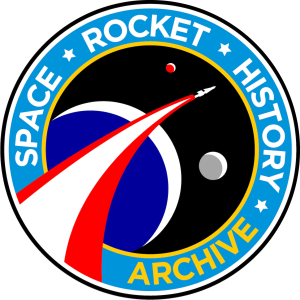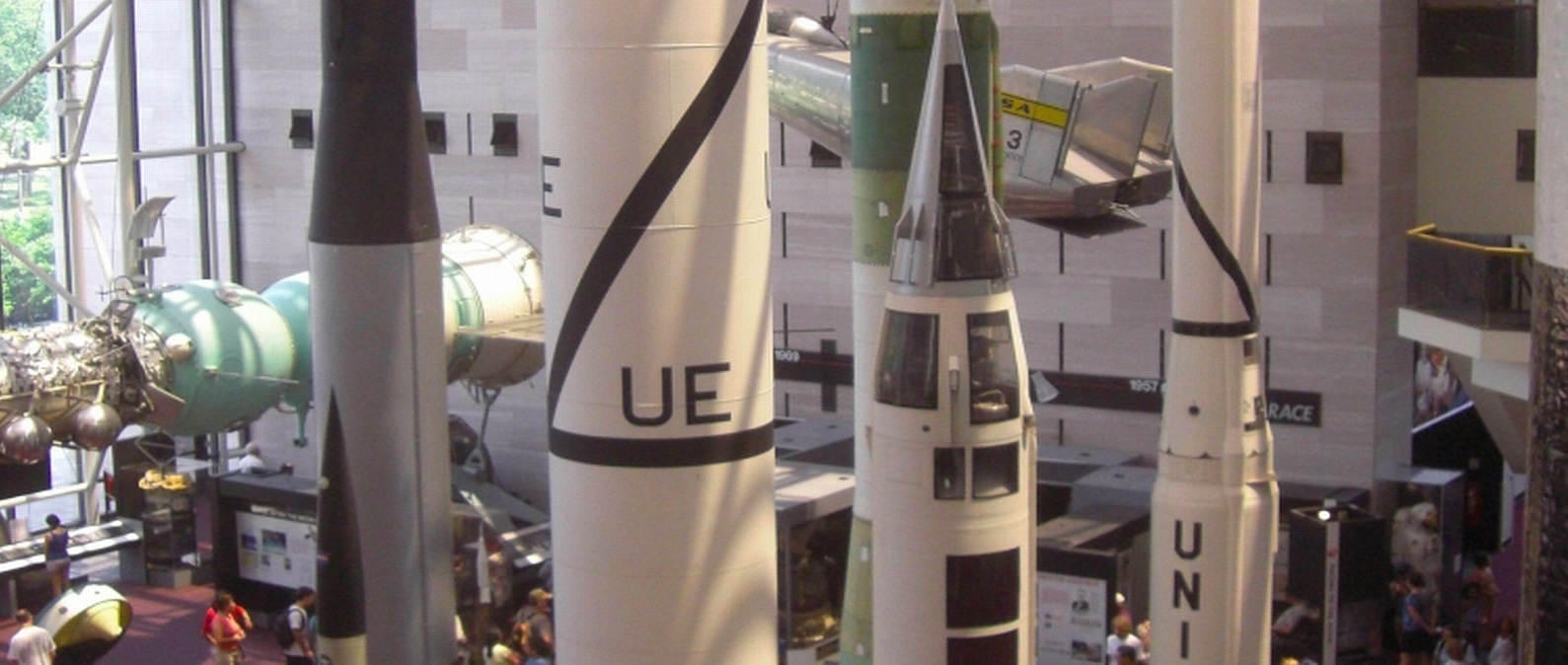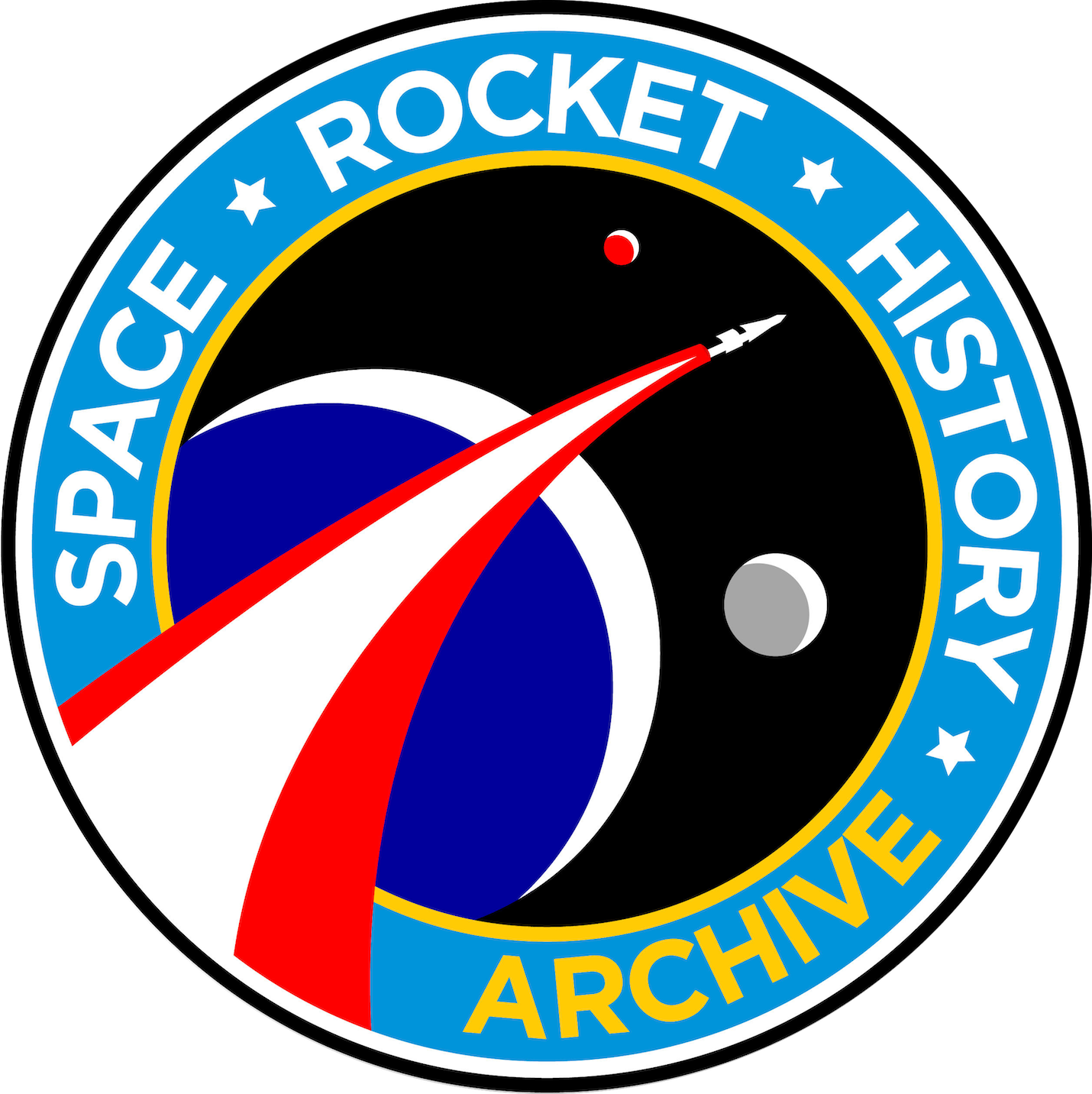Episodes

Saturday Mar 07, 2020
Space Rocket History #164 – Apollo 8 – Pre-launch
Saturday Mar 07, 2020
Saturday Mar 07, 2020
For now the mighty Saturn V stood empty. But overnight, even while Borman’s crew slept, technicians would ready it for departure. By morning its enormous fuel thanks would be filled with cryogenic propellants, until the rocket would contain the explosive energy of an atomic bomb.

Saturday Mar 07, 2020
Space Rocket History #163 – Apollo 8 – Lovell, Logistics & Training
Saturday Mar 07, 2020
Saturday Mar 07, 2020
The successful Apollo 7 flight cleared the way for a US moon landing in 1969. Still a lot of flight and ground testing remained and there would probably be surprises. The greatest concern was Nasa had to complete three virtually flawless missions and achieve every major test objective before a lunar landing could be attempted. The odds seemed to be stack against NASA.

Friday Feb 07, 2020
Friday Feb 07, 2020
Frank Frederick Borman, II was born on March 14, 1928, in Gary, Indiana. He is of German descent, born as the first and only child to parents Edwin and Marjorie Borman. Because he suffered from numerous sinus problems in the cold and damp weather, his father packed up the family and moved to the better climate of Tucson, Arizona, which Borman considers his home town. He started to fly at the age of 15.

Friday Feb 07, 2020
Space Rocket History #161 – Apollo 8 – The Decision Part 2
Friday Feb 07, 2020
Friday Feb 07, 2020
Perhaps the most significant point about the lunar-orbit flight proposed for Apollo 8 was that the command and service modules would fly the same route to the moon as would be used for the actual lunar landing.

Saturday Jan 04, 2020
Space Rocket History #160 – Apollo 8 – The Decision Part 1
Saturday Jan 04, 2020
Saturday Jan 04, 2020
An ‘A’ type mission would be flown with a Saturn V and be used to test the Launch vehicle, spacecraft, and a high velocity lunar return. Nasa cover the ‘A’ mission with Apollo 4 & 6.
A ‘B’ type mission would be flow with a Saturn IB and test the lunar module development, and propulsion, and launch vehicle staging. This was accomplished with Apollo 5.
A ‘C’ type mission would be flown with a Saturn IB and test the command and service module and evaluate the crew performance in low earth orbit. This was accomplished with Apollo 7…

Saturday Jan 04, 2020
Space Rocket History #159 – Zond 6
Saturday Jan 04, 2020
Saturday Jan 04, 2020
Trouble began on the sixth day of the flight, November 17. The capsule developed an atmospheric leak, the pressure first dropping from 760 to 380 mm of Mercury. With the drop in cabin pressure all the animal test subjects died. It would have killed any Cosmonaut not wearing a spacesuit.

Saturday Jan 04, 2020
Space Rocket History #158 – Soyuz 2 and 3
Saturday Jan 04, 2020
Saturday Jan 04, 2020
The soviets showed some confidence in their spacecraft by launching the unmanned Soyuz 2 first, but showed some caution by not sending a cosmonaut in Soyuz 2.

Saturday Jan 04, 2020
Space Rocket History #157 – Apollo 7-The Flight Part 2
Saturday Jan 04, 2020
Saturday Jan 04, 2020
CAPCOM Number 1 (Deke Slayton): Okay. I think you ought to clearly understand there is absolutely no experience at all with landing without the helmet on.
SCHIRRA: And there no experience with the helmet either on that one.
CAPCOM: That one we’ve got a lot of experience with, yes.
SCHIRRA: If we had an open visor, I might go along with that.
CAPCOM: Okay. I guess you better be prepared to discuss in some detail when we land why we haven’t got them on. I think you’re too late now to do much about it.
SCHIRRA: That’s affirmative. I don’t think anybody down there has worn the helmets as much as we have.
CAPCOM: Yes.
SCHIRRA: We tried them on this morning.
CAPCOM: Understand that. The only thing we’re concerned about is the landing. We couldn’t care less about the reentry. But it’s your neck, and I hope you don’t break it.
SCHIRRA: Thanks, babe.
CAPCOM: Over and out

Friday Dec 06, 2019
Space Rocket History #156 – Apollo 7-The Flight Part 1
Friday Dec 06, 2019
Friday Dec 06, 2019
SCHIRRA: You’ve added two burns to this flight schedule, and you’ve added a urine water dump; and we have a new vehicle up here, and I can tell you at this point TV will be delayed without any further discussion until after the rendezvous.
CAPCOM (Jack Swigert): Roger. Copy.
SCHIRRA: Roger.
CAPCOM 1 (Deke Slayton): Apollo 7, this is CAPCOM number 1.
SCHIRRA: Roger.
CAPCOM 1 (Slayton): All we’ve agreed to do on this is flip it.
SCHIRRA: the first part garbbled then Schirra said… with two commanders, Apollo 7
CAPCOM 1- (Slayton): All we have agreed to on this particular pass is to flip the switch on. No other activity is associated with TV; I think we are still obligated to do that.
SCHIRRA: We do not have the equipment out; we have not had an opportunity to follow setting; we have not eaten at this point. At this point, I have a cold. I refuse to foul up our time lines this way.

Friday Dec 06, 2019
Friday Dec 06, 2019
Command Service Module-101 started through the manufacturing cycle early in 1966. By July, it had been formed, wired, fitted with subsystems, and made ready for testing. After the Apollo 1 fire in January 1967, changes had to be made, mainly in the wiring, hatch areas, and the forward egress tunnel. It was December before the spacecraft came back into testing. CSM-101 passed through a three-phase customer acceptance review; during the third session, held in Downey on May 7th 1968, no items showed up that might be a “constraint to launch.” North American cleared up what few deficiencies there were (13) and shipped the craft to Kennedy on May 30th 1967…

